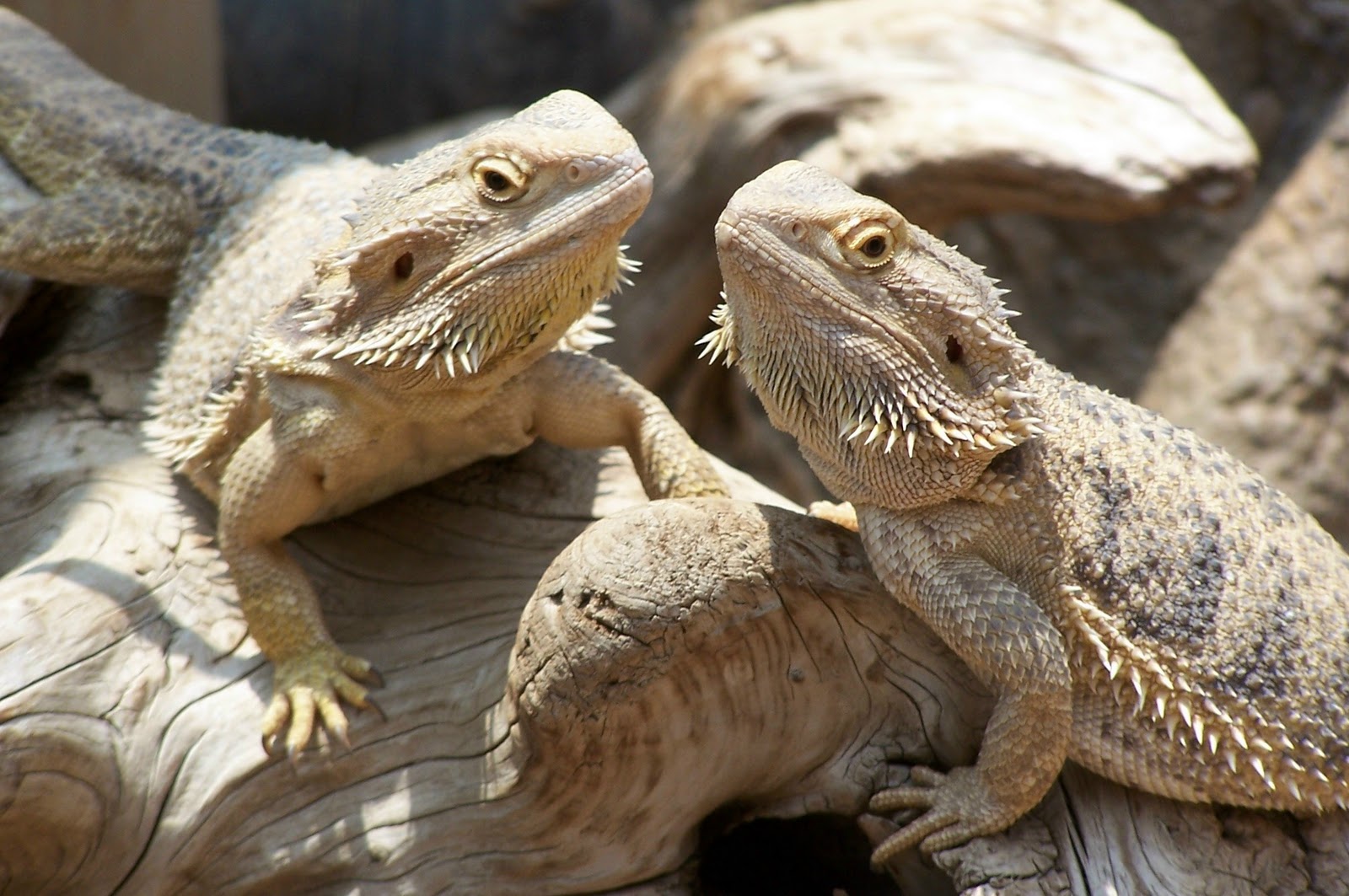Can Bearded Dragons Eat Cabbage? A Beginner's Guide to Feeding Your Reptile
Introduction
Bearded dragons are one of the most popular pet reptiles because of their docile nature and ease of care. However, as a beginner, it can be challenging to figure out the best diet for your new pet. One common question that arises is whether bearded dragons can eat cabbage. In this article, we’ll answer that question and give you a comprehensive guide to feeding your bearded dragon.
Can Bearded Dragons Eat Cabbage?
Yes, bearded dragons can eat cabbage in moderation. Cabbage is a nutritious vegetable that can provide your bearded dragon with a variety of vitamins and minerals. However, it’s important to note that cabbage has a high water content, which can cause diarrhea in bearded dragons if they eat too much of it.
When feeding cabbage to your bearded dragon, make sure to chop it into small pieces and mix it in with other vegetables. This will prevent your bearded dragon from eating too much cabbage and getting sick. It’s also important to feed your bearded dragon a varied diet, so don’t rely solely on cabbage as a food source.
Other Vegetables Your Bearded Dragon Can Eat
In addition to cabbage, there are many other vegetables that your bearded dragon can eat. Some of the best vegetables for bearded dragons include:
- Collard Greens
- Kale
- Mustard Greens
- Bell Peppers
- Carrots
- Squash
- Zucchini
- Green Beans
- Endive
- Escarole
When feeding your bearded dragon vegetables, it’s important to avoid certain types of vegetables. Some vegetables can be toxic to bearded dragons, while others are high in oxalates and can cause kidney damage over time. Vegetables to avoid include:
- Spinach
- Rhurbarb
- Beets
- Avocado
- Iceberg Lettuce
- Cabbage (if fed in excess)
Feeding Your Bearded Dragon Protein
In addition to vegetables, your bearded dragon also needs a source of protein. The best sources of protein for bearded dragons include insects such as crickets, mealworms, and dubia roaches.
When feeding insects to your bearded dragon, make sure to gut-load them first. This means feeding the insects a nutritious diet for at least 24 hours before feeding them to your bearded dragon. Gut-loading ensures that your bearded dragon is getting the most nutrition possible from its food.
It’s also important to note that bearded dragons need a balanced ratio of calcium and phosphorus in their diet. This can be achieved by dusting their food with a calcium supplement before feeding them.
Conclusion
In conclusion, bearded dragons can eat cabbage in moderation, but it should not be the only vegetable in their diet. It’s essential to feed your bearded dragon a varied diet that includes a balance of vegetables and protein. It’s also important to avoid certain vegetables that can be toxic or harmful to your bearded dragon.



